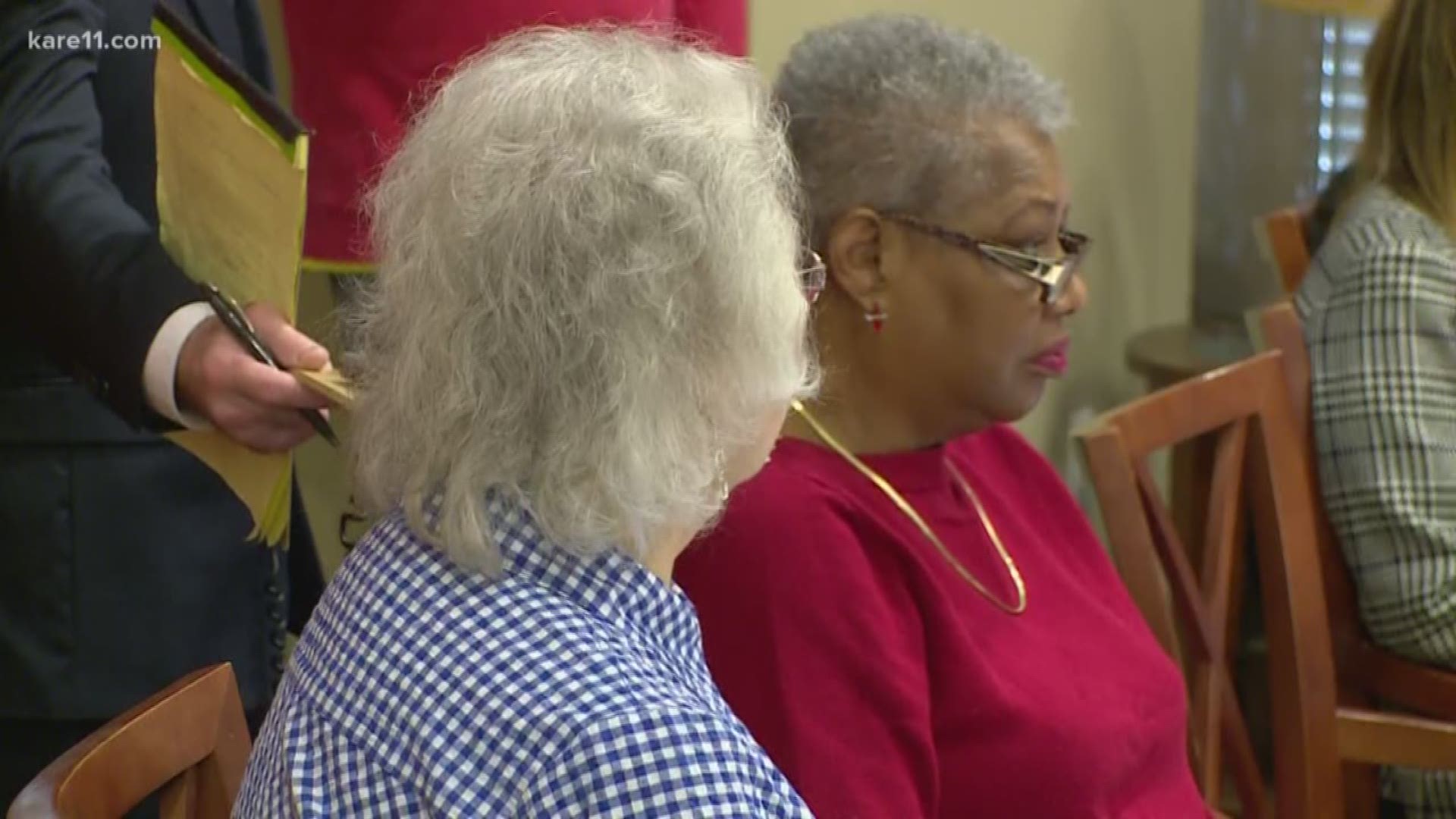ST PAUL, Minn. — The federal dollars that pay for rental assistance in Minnesota have stopped flowing, and state leaders are exploring ways to plug that gap if the federal shutdown persists beyond February.
"We will continue to assume the worst-case scenario, that they will not have this done on time," Gov. Tim Walz told reporters Thursday.
"We've been in the fact-finding stage, but we’re starting to get a clearer picture now as we’re getting closer to it. That picture is bleak. It is cruel. It will cause real pain, and real disruption to many, many Minnesotans."
The governor's office estimated a disruption in Section 8 housing assistance could affect 28,000 households statewide, and the State will have to take steps in early February to make sure aid continues in March. The State would have to front the money, and then demand reimbursement by the feds.
"What happens to refilling EBT cards come February 20th? How do we go about that? What are the legal ramifications of that? Same thing with the housing vouchers, and how do we get that word out?"
Jennifer Ho, Minnesota Housing Commissioner, said federal agencies haven't done a very good job of keeping state housing agencies informed of what they can expect as the shutdown continues with no actual progress to report from Washington, D.C.
"When I was at HUD, during the last shutdown, we were doing everything we could to communicate with the people we owed money to, what was going to happen. This time we are not getting the information we need to help manage expectations."
Commissioner Ho, Gov. Walz and Lt. Gov. Peggy Flanagan hosted a roundtable discussion Thursday at King's Crossing, a HUD-subsidized independent living community operated by the nonprofit Episcopal Homes.
Elderly residents told the governor they're more worried about neighbors who lack the resources to stretch food supplies, because many also used federally funded nutrition program known as SNAP.
That program will be in jeopardy, too, if the shutdown continues past March 1.
"If you don’t know what it’s like to not have food, I’ve done that too," a Kings Crossing resident named Pat told the governor's team. "There’s some days I’ve sat there and said, 'What am I going to eat today?'"
Pat said residents of St. Paul senior high-rise complexes are in the habit of sharing food with their neighbors with empty pantries and refrigerators.
But those rental subsidies are vital to making ends meet.
"I have a hard time living on what I make. I have a small pension and a social security," Kings Crossing resident Kathy explained.
"And if our housing goes up there’s a lot of us that won’t be able to make the payments. And groceries are going up, but our money is going down."
It's not just an urban issue.
Minnesota Housing said 34 properties that accept rental assistance are currently unfunded, and another 16 will exhaust funding during February.
Buffy Beranek, executive director of the Southeastern Minnesota Multi-County and Redevelopment Authority, said she's been getting calls from tenants worried about losing their homes.
"We don’t have the cash reserves to take this on for months. We will be in crisis mode, come March 1," Beranek told the Walz team.
Nora Slawik, who chairs the Metropolitan Council, said that agency is also looking for a fallback plan. The Met Council is the largest housing authority in the state, serving 7,000 households with Section 8 subsidies.
"In the event of the shutdown stretches into March, the Met Council will do what we can do. We have reserves, but we don’t know yet exactly what that looks like," Slawik said.
The subsidy program often relies on private landlords to agree to accept families using Section 8 vouchers. The shutdown has created an atmosphere of uncertainty in that relationship, according to Margaret Kaplan of the Housing Justice Center.
"It’s really difficult to get more landlords into this program, providing housing for people, if they don’t trust the federal government is going to pay their bills."
Lt. Gov. Peggy Flanagan, who grew up in a family that used Section 8 housing vouchers and nutrition assistance, assured the seniors they won't be invisible to state government.
"While we don’t have all the solutions at this moment, what I want you to know is that we see you and we hear you and we value you."
Section 8 isn't the only program affected by the shutdown. Hundreds of federal contracts expired in December and January for the Section 202 Housing for Elderly program, and the Section 811 Housing for Persons with Disabilities program.

